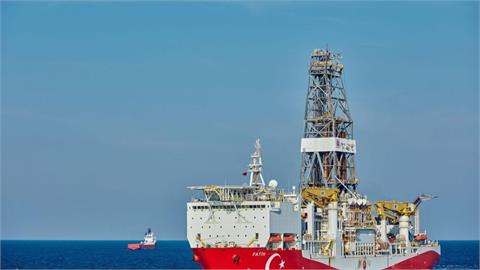With BGN 111 million will be funded the residents of 21 cities in Bulgaria so that they can replace their stoves and heaters on solid fuel with one that is more ecological - air conditioners, gas, pellets, photovoltaics, etc., reports Mediapool.
This was announced by Minister of Ecology Neno Dimov, who reported the implementation of Operational Program "Environment" (OPE). Financing of measures to improve quality of the atmospheric air will come precisely from the funds of OPE. The project has received a green light from the Committee program monitoring and EC support, said Dimov.
Beneficiaries will be municipalities and the first opportunity to apply will be open in the middle of the summer, said Dimov.
The problem is that of the 21 cities where there is air pollution with fine particulate matter above the norm, only seven have acting municipal programs for the quality of the atmospheric air. These are Sofia, Montana, Vidin, Smolyan, Dimitrovgrad, Burgas and Blagoevgrad, announced Valeria Kalcheva, head of the Managing Authority of OPE.
For this reason, the second invitation is foreseen to be opened in the beginning of 2019, and by then the other municipalities should be have accepted their programs and implemented them.
The aim of the project is to achieve sustainable results for improving air quality and reducing air quality pollution, said Neno Dimov.
It has come to that after Bulgaria was condemned by the European Commission for regular air pollution, which is poisoning the population. Domestic heating with coal and wood, which is the most used because it is the cheapest, and transport are the main pollutants. Bulgaria is currently trying to prove to Brussels that it is taking measures to improve the situation in order not to be ordered to pay fines and penalties.
Eco-heating with EU funds
The eco-finance scheme with EU funds provides for municipalities to apply for a project to OPE. An obligatory condition is to have operating program for the quality of atmospheric air.
The MoEW gives full freedom to local authorities to determine what measures they will finance to solve the problem of dirty air. The reason - there can be no common approach because in Sofia and Varna the polluters are one, while in Smolyan and Dimitrovgrad for example others, Neno Dimov pointed out. He specified that municipalities should offer solutions after a public discussion with the local population.
Among the eligible measures may be construction of an installation for connecting a block of flats to district heating if there is one. Funding for gas transmission will also be provided if there is a domestic gas supply, Valeria Kalcheva explained.
Eligible for support may be measures such as replacing coal and wood stoves with pellets heating, or replacing them with air conditioners that meet a high energy class, Kalcheva pointed out.
What the MOEW will see to approve the municipal projects is the achievement of results - a lasting reduction of pollution with fine particles, pointed out Neno Dimov.
High eco-taxes for old cars
Another measure taken by the Bulgarian government in an attempt to persuade Brussels that it is working on a lasting solution to the problem of the dirty air is the introduction of eco-taxes for TIR trucks and buses that do not pay such at the moment, Neno Dimov said.
The rates will be differentiated by the age of the veguckes over 12 tonnes and the standards they meet, he added.
In addition, the ministry also proposes that there should be no eco-tax for electric vehicles, however for light vehicles older than 5 years there would be increase in taxes, Dimov said.
Currently the normative document is coordinated between the different ministries and is expected to be released to the public discussion until the end of the month. The aim is to introduce the new ecotaxes for cars before the meeting in Brussels on June 12, where will be presented the progress of Bulgaria in its battle with the dirty air, became clear from the words of the Minister of Ecology.
Washing the streets remains an unfulfilled initiative
One of the measures that Bulgaria had taken to the EC to tackle dusting in major cities was the regular washing the streets. For now, however, it is only a positive idea that is not respected by the local authorities, and the MoEW, which should control this activity, it does not, it became clear from the explanations of Neno Dimov.
The Minister of Ecology could not tell how local government fulfills this commitment and whether there sanctions for the municipality for their failure.
Even the European Presidency has not proved to be a strong enough motive for streets in Sofia to be washed at least once after the winter. In the broad center of the capital still has neighborhoods that are not washed even once this year. All this is happening against the backdrop of the nearly 5 million leva budget for washing the streets in the capital and the paper-based washing four times for the whole year. The total amount envisaged for this is BGN 51 million.
(novinite.com, May 18, 2018)



